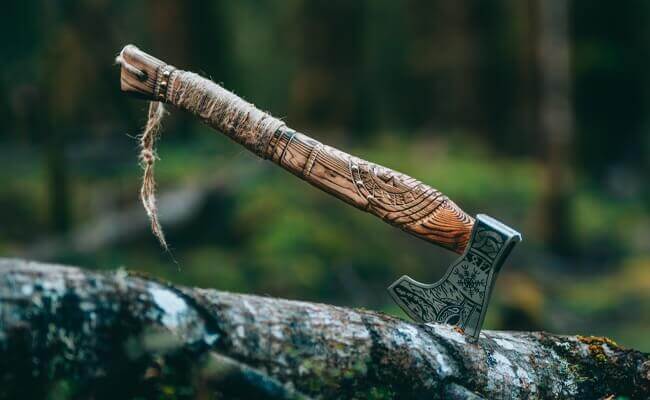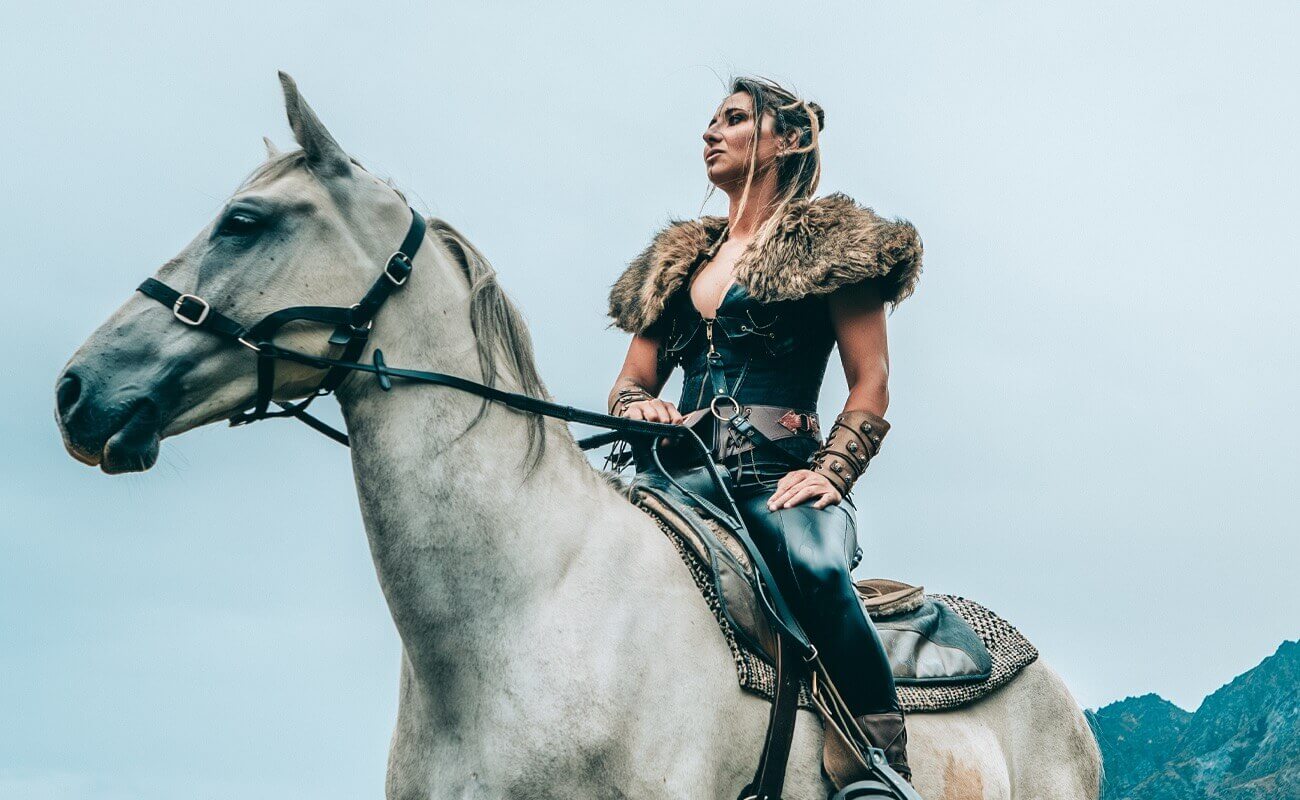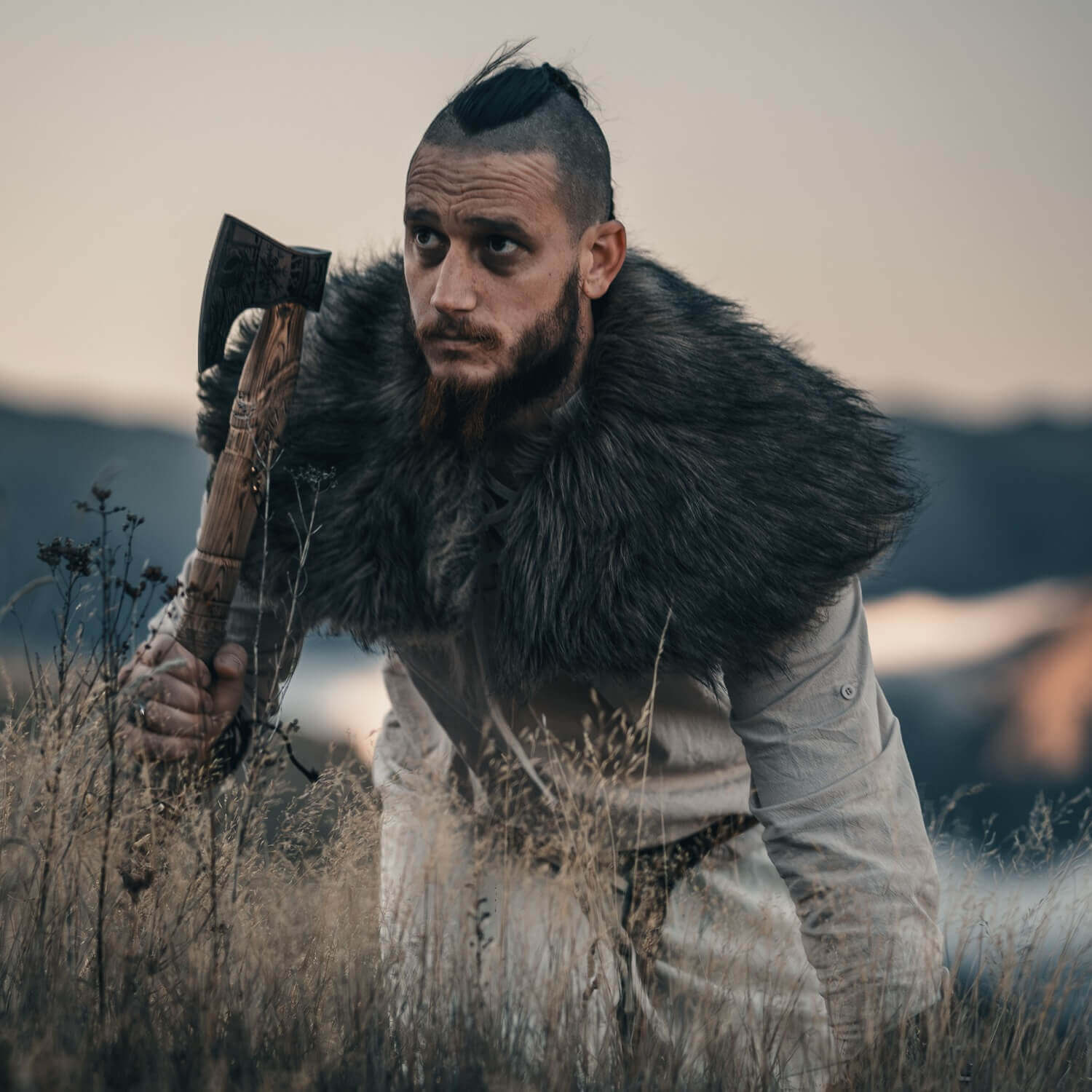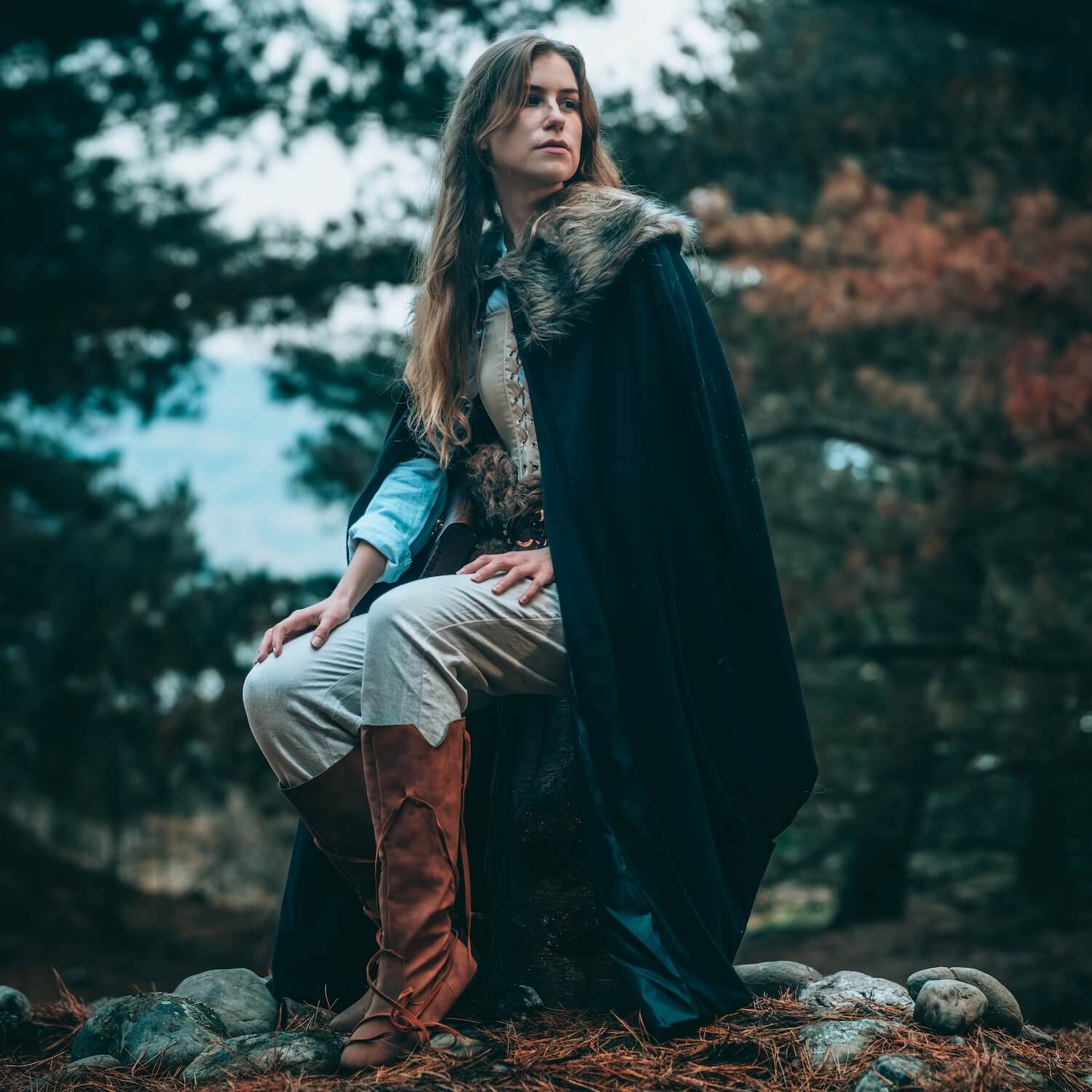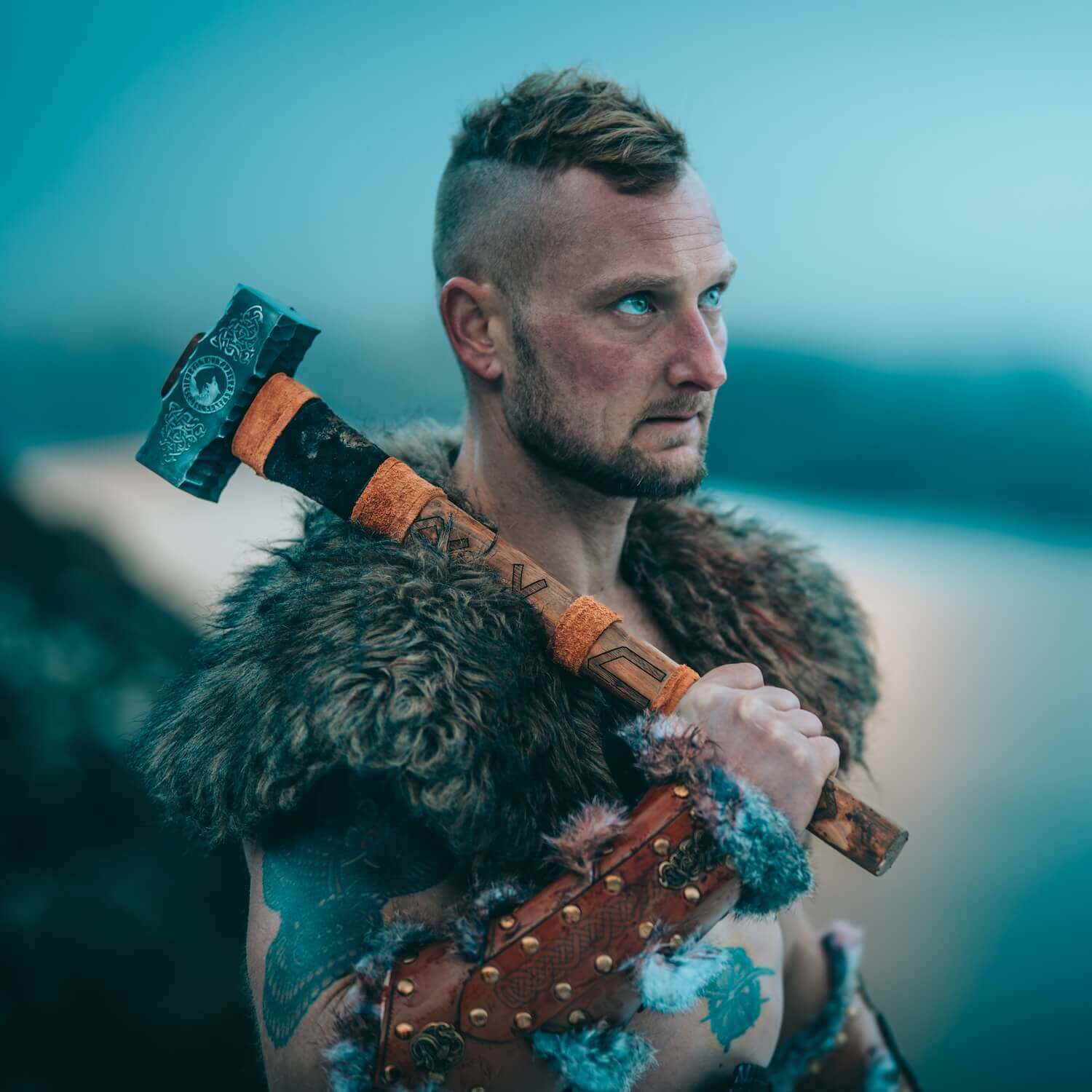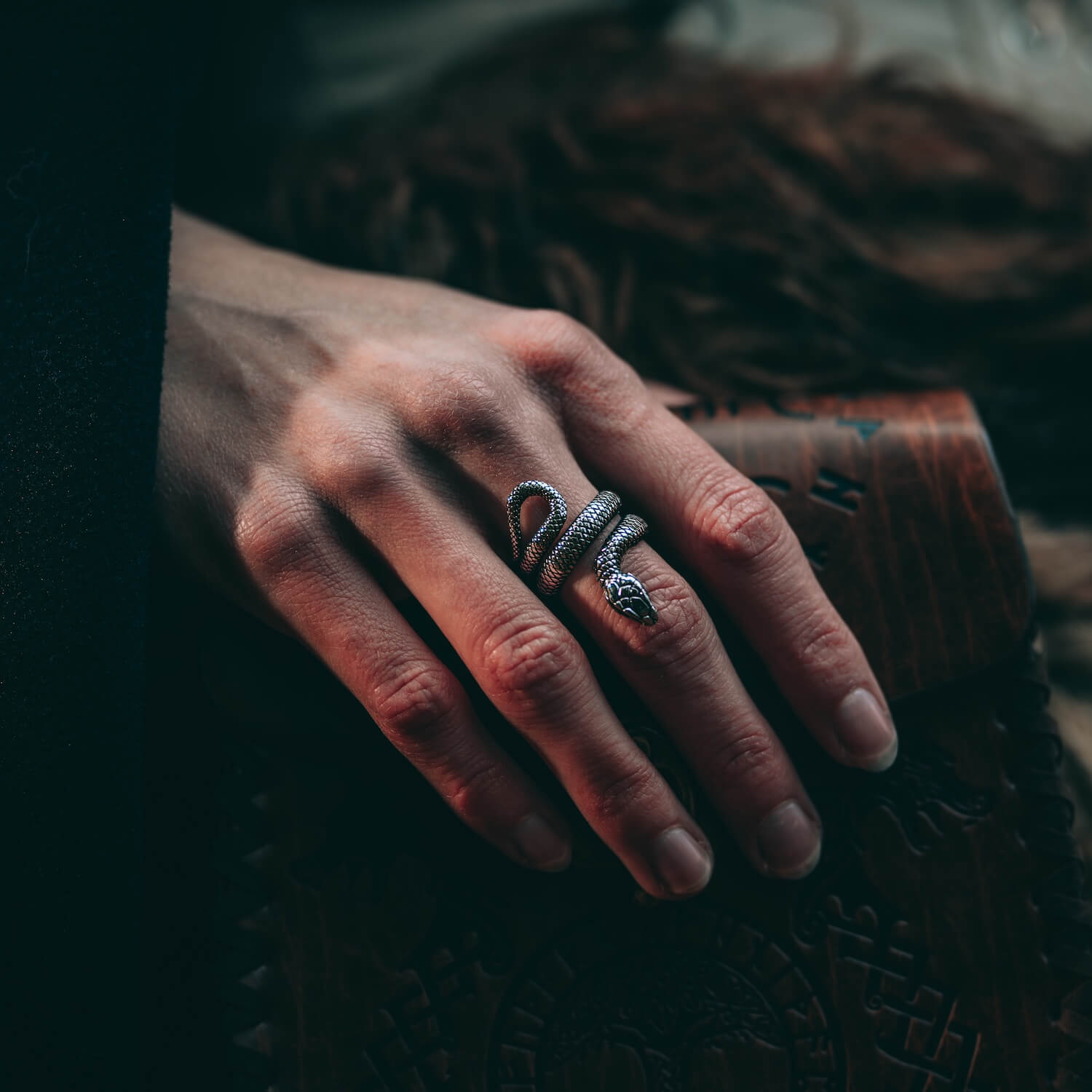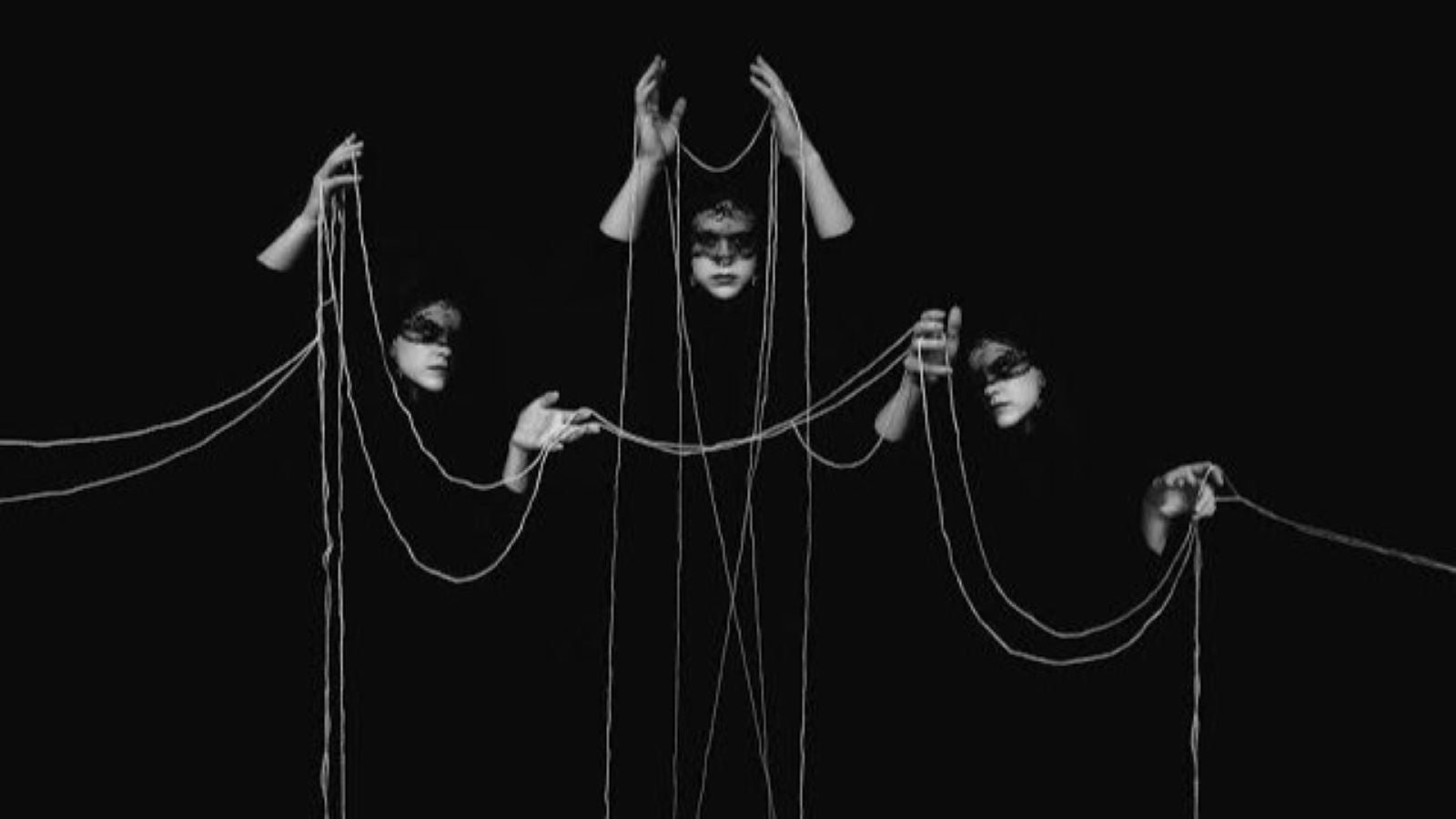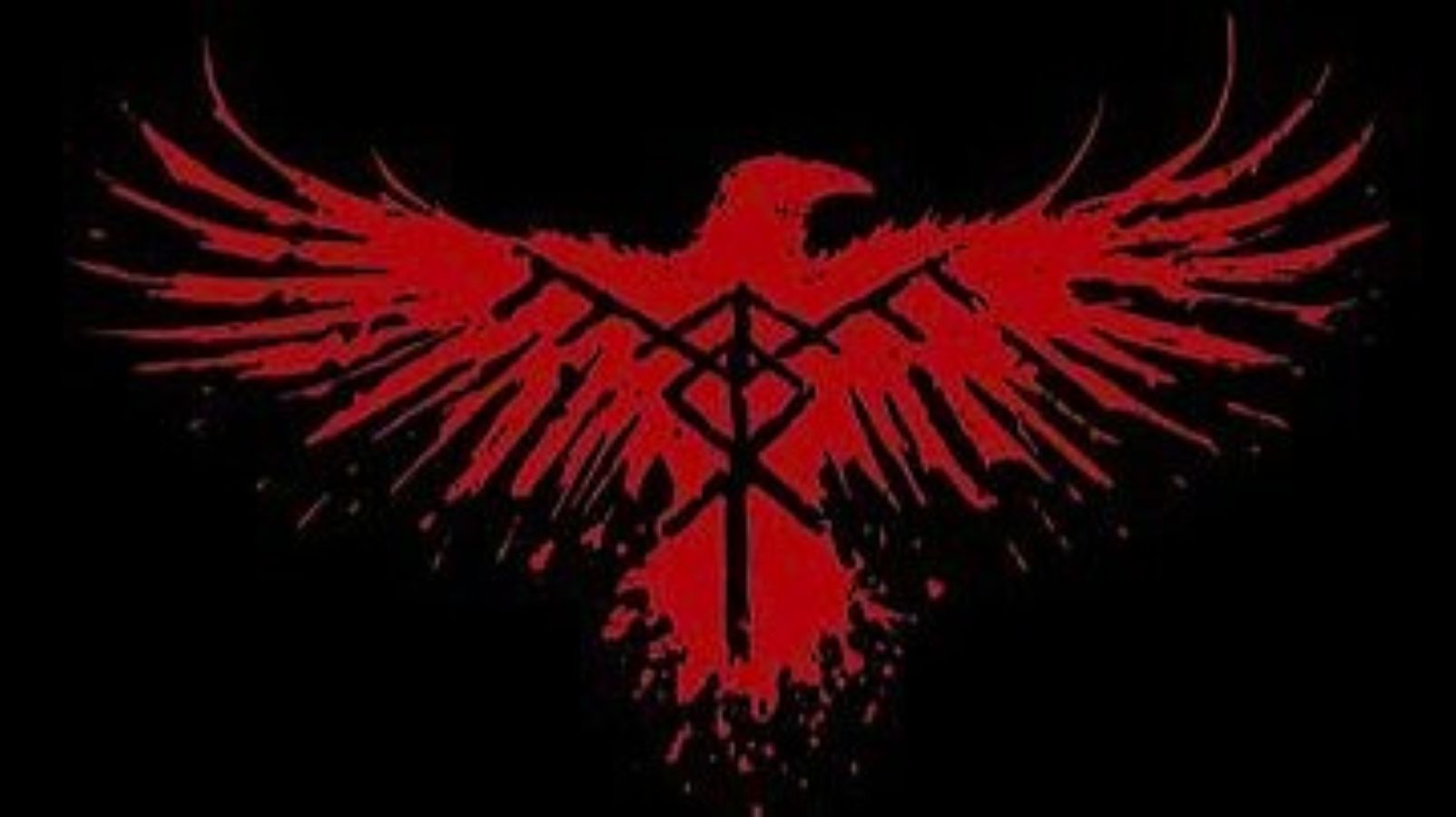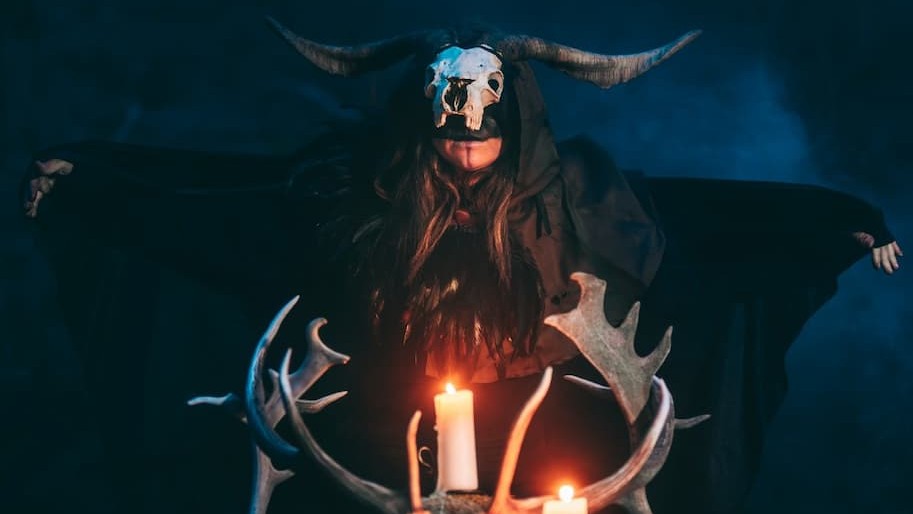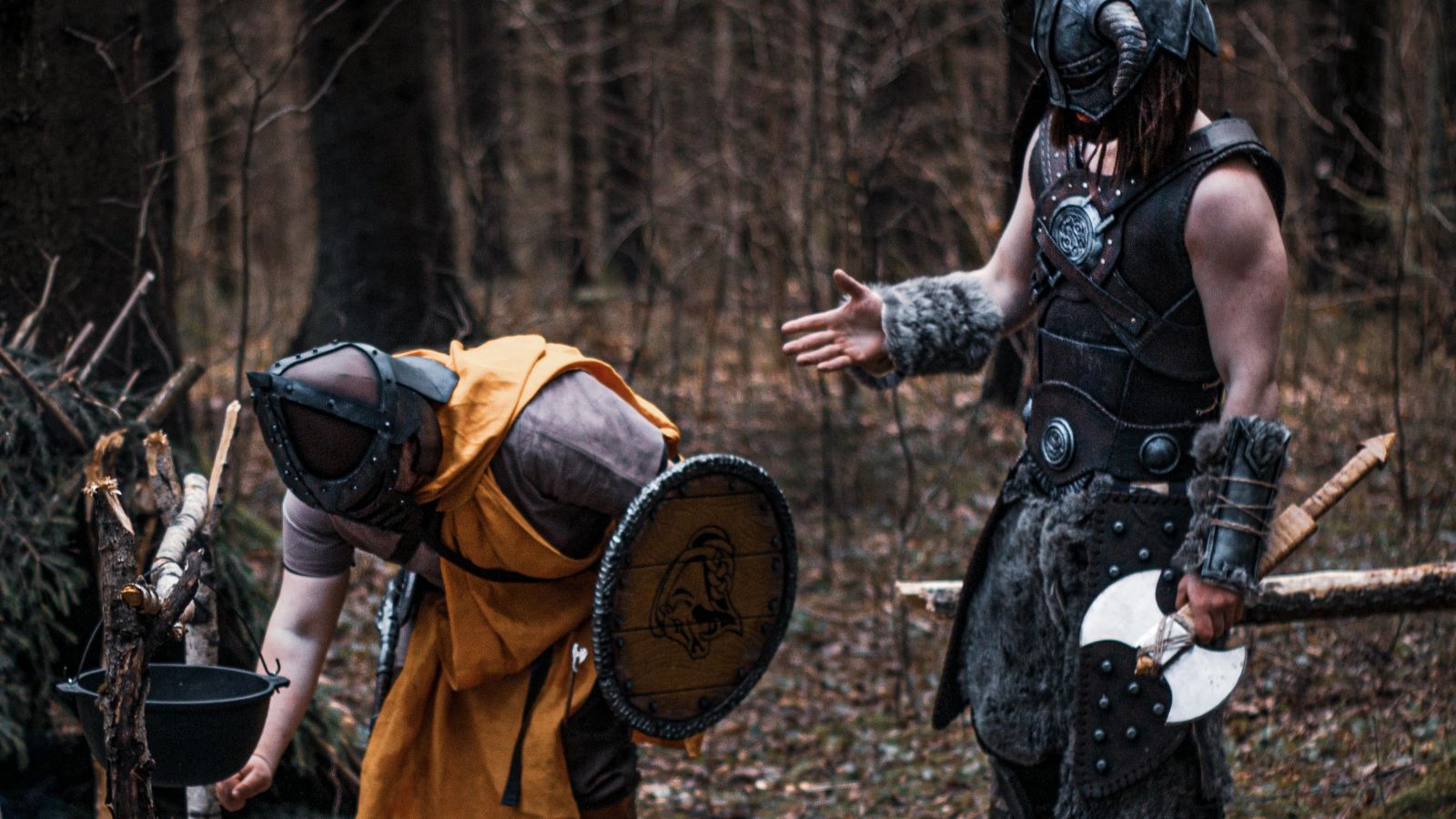
The Viking Age: A Glimpse into Everyday Life
To a journey back in time, delving into the intriguing world of the Vikings, we'll try to unravel the intricate tapestry of this enigmatic culture, shedding light on their customs, traditions, and the elements that comprised their daily existence.
The Viking Age: Setting the Stage
The Viking Age, which spanned from the late 8th century to the early 11th century, was a period of remarkable cultural, technological, and exploratory achievements. Contrary to popular belief, Vikings weren't just marauders and warriors; they had a multifaceted way of life that embraced craftsmanship, trade, and community. Let's take a look at some key aspects of their daily existence:
Agriculture and Food
Agriculture was the backbone of Viking society. They were skilled farmers who grew crops like barley, oats, and rye. Root vegetables like turnips, carrots, and onions were also part of their diet. As for meat, they relied on livestock like cattle, sheep, and pigs. Seafood, particularly fish and shellfish, was a staple for coastal communities.
But what about those iconic Viking feasts? Yes, they did enjoy grand celebrations! These gatherings were often tied to significant events and featured roasted meats, mead (a honey-based alcoholic beverage), and songs of valor.
Trade and Craftsmanship
The Vikings were renowned traders and craftsmen. They produced intricate jewelry, tools, and weaponry. If you're a fan of Norse and Viking-inspired products, you're following in a long tradition of appreciating their craftsmanship. The Vikings traveled far and wide, even reaching as far as North America, to exchange goods and ideas.
Religion and Beliefs
The Norse religion played a vital role in the everyday lives of the Vikings. Their pantheon of gods, including Odin, Thor, and Freyja, was a source of inspiration and guidance. Rituals and offerings were a part of their daily routines, as they sought the favor of the gods.
Social Structure
Viking society had a structured hierarchy, with kings and nobles at the top, followed by free farmers and then slaves or thralls. The idea of democracy and community decisions was integral to their culture, particularly in the form of the "Thing" – a gathering where laws and disputes were discussed and settled.
Exploration and Warfare
While Vikings are often associated with their warlike ways, they were also remarkable explorers. They sailed the seas in their iconic longships, reaching destinations across Europe, Asia, and North America. These voyages expanded their horizons, fostering cultural exchange and trade.
The Viking Age was a complex and vibrant era filled with diverse aspects of daily life. From farming and trading to religious beliefs and epic adventures, the Vikings left an indelible mark on history.
So, whether you're enjoying a hearty Viking-inspired feast, delving into Viking literature, or proudly displaying Viking-themed decor, you're celebrating a culture that was so much more than just helmets and axes. The Vikings had a rich, multifaceted everyday life that continues to captivate us to this day.

